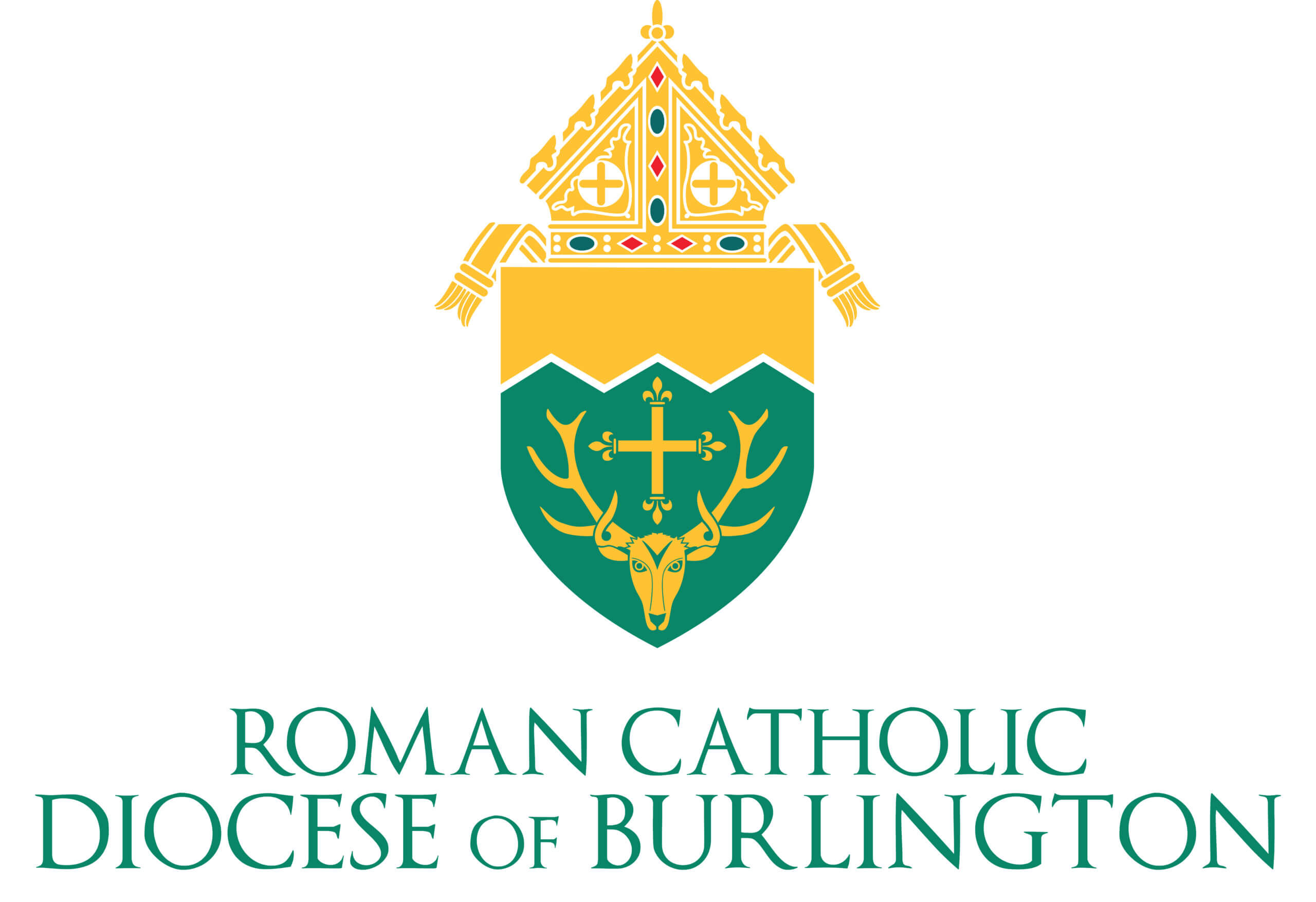
Catholic charity flows from Eucharist
Bishop Louis deGoësbriand and St. Jean-Marie Vianney were contemporaries of sorts; there was a 30-year age gap between them. When Father deGoësbriand became bishop of the Diocese of Burlington in 1853, Father Vianney had already been the curé of Ars for 35 years and already had a reputation as a saint.
Bishop deGoësbriand quoted one of Father Vianney’s homilies in his 1890 book, “Christ on the Altar.” By then, Father Vianney had been dead for 31 years and would eventually be canonized in 1925.
This is the historical context.
The spiritual context is that both of these French priests had a great love for the poor: Father Vianney as a poor parish priest himself; Bishop deGoësbriand as a bishop in a poor Diocese. Each priest saw the service to the poor as a divine injunction and that service to the poor was service to God.
In “Christ on the Altar” Bishop deGoësbriand quotes from Father Vianney’s homily on the 17th Sunday after Pentecost, Matthew 22:35-46: The Greatest Commandment — love of God and love of neighbor. In describing Father Vianney’s love for the poor, Bishop deGoësbriand states: “Next to sinners, those who chiefly occupied M. Vianney’s thoughts were the poor. He loved them because Our Lord loved them and he felt that, having to suffer all sorts of privations, pains and slights here below, they were the more in need of being sought out, honored and consoled.”
Bishop deGoësbriand also recognized that devotion to the poor is the fruit of Eucharistic Adoration. He states in his commentary on the Second Sunday of Advent: “If we had not the Holy Eucharist, there would be no care for the poor in the Catholic Church. It would then cease to be the Church of God. But now both pastor and people take care of the poor because Our Lord Jesus Christ brings them love of the poor in holy Communion.”
Caring for the poor is rooted deeply in the lives of the priest saints. Bishop deGoësbriand cites St. John Vianney as an inspiration for him. That inspiration was more than just what we would today call “social justice” or the “preferential option for the poor.” Both St. John Vianney and Bishop deGoësbriand recognized that Catholic charity flows from adoration of the Blessed Sacrament and reception of the Eucharist.
That is a universal truth for all saints because the Eucharist is Jesus Himself. St. Teresa of Calcutta insisted that her Missionaries of Charity have one hour of Eucharistic Adoration a day in order that they may see Jesus in His distressing disguise in the poor they served. And then, as their missionary work became even busier, she increased Adoration to two separate hours a day!
Social justice is a vocation to serve Jesus, and one can only recognize Him in the poor when one has first recognized Him in the Eucharist. That knowledge made Father Vianney a saint. It made Mother Teresa a saint. Let us pray it will make Bishop deGoësbriand a saint too.
—Father Lance Harlow is rector of St. Joseph Cathedral in Burlington.
—Originally published in the Winter 2020 issue of Vermont Catholic magazine.

